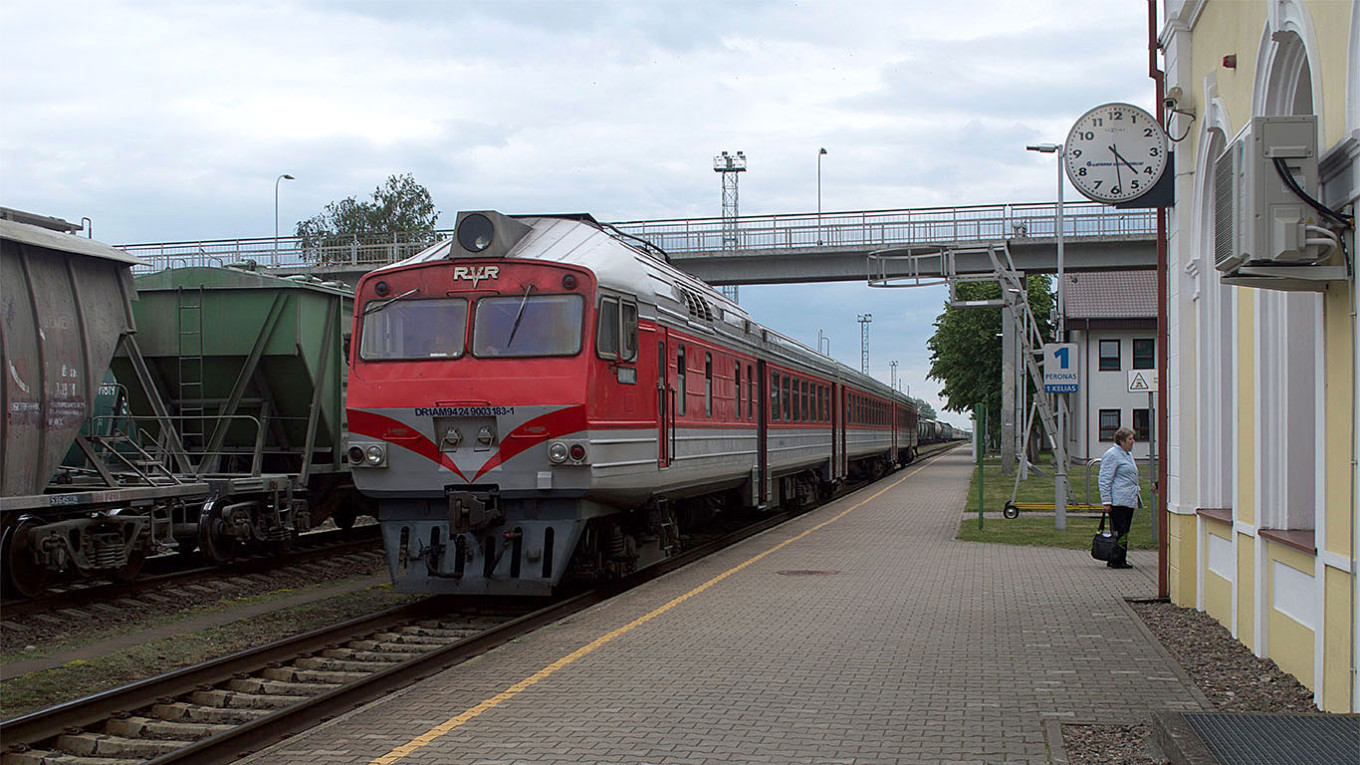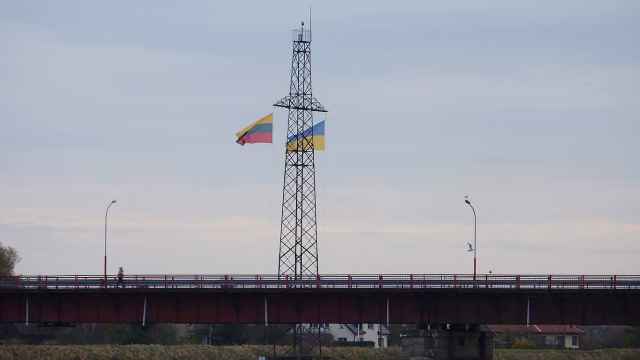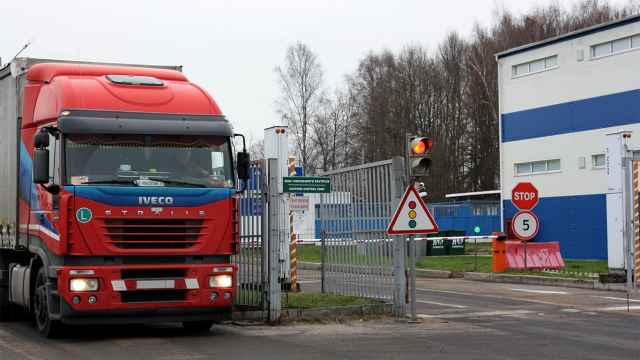Lithuania has announced a ban on passenger pick-ups and drop-offs for trains running to and from the Russian exclave of Kaliningrad beginning next week.
The ban, which takes effect on March 1, is part of Vilnius’ decision to close two crossings on its border with neighboring Belarus after two other crossings were closed in the summer of 2023.
“[The new restrictions aim to] manage traffic, choke off smuggling, ensure international sanctions and reduce traffic security risks,” Lithuania’s Interior Minister Agne Bilotaite said Thursday.
Vilnius has repeatedly flagged the unauthorized disembarking of Russian passengers — most of whom hold EU residence permits — in Lithuania as a security risk. Last year saw a fivefold increase in the use of the Russia-Lithuania-Kaliningrad railway route.
Lithuania also suspended pedestrian and bicycle crossings via two border checkpoints with Belarus and announced plans to issue fewer permits to Belarusian and Lithuanian international passenger bus carriers.
Soon after Russia invaded Ukraine in 2022, Lithuania imposed strict restrictions on goods traveling across its territory, mainly by rail.
Moscow threatened reprisals, and in July 2022 the EU said Lithuania had an obligation to allow the passage of sanctioned goods, with the exception of weapons, between Russia and Kaliningrad.
While transit by road was not allowed, legal guidance released by the EU said that rail transport could not be subject to an outright ban.
Kaliningrad borders Lithuania and Poland on the Baltic Sea and is home to over 1 million people.
Seized by the Red Army from Germany in the closing stages of World War II, Kaliningrad became separated from the Russian mainland following the break-up of the Soviet Union when Lithuania became an independent state.
A Message from The Moscow Times:
Dear readers,
We are facing unprecedented challenges. Russia's Prosecutor General's Office has designated The Moscow Times as an "undesirable" organization, criminalizing our work and putting our staff at risk of prosecution. This follows our earlier unjust labeling as a "foreign agent."
These actions are direct attempts to silence independent journalism in Russia. The authorities claim our work "discredits the decisions of the Russian leadership." We see things differently: we strive to provide accurate, unbiased reporting on Russia.
We, the journalists of The Moscow Times, refuse to be silenced. But to continue our work, we need your help.
Your support, no matter how small, makes a world of difference. If you can, please support us monthly starting from just $2. It's quick to set up, and every contribution makes a significant impact.
By supporting The Moscow Times, you're defending open, independent journalism in the face of repression. Thank you for standing with us.
Remind me later.






